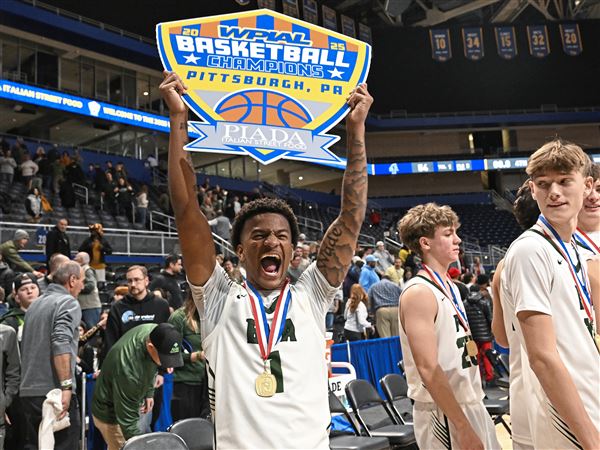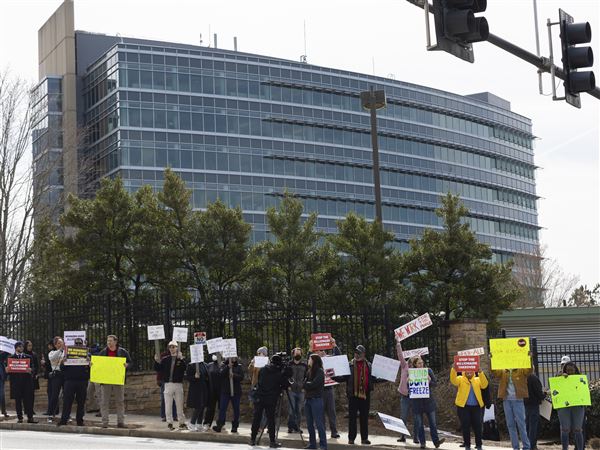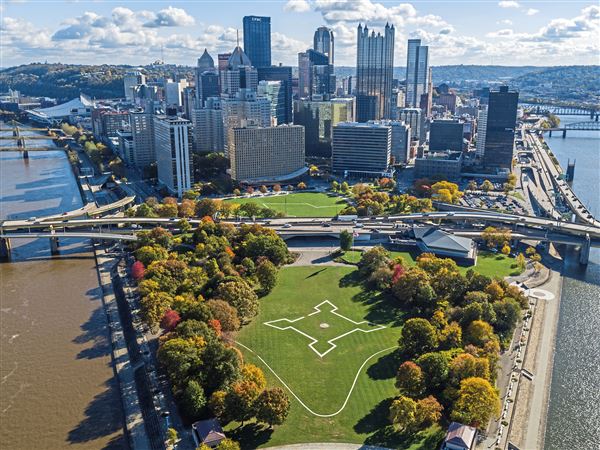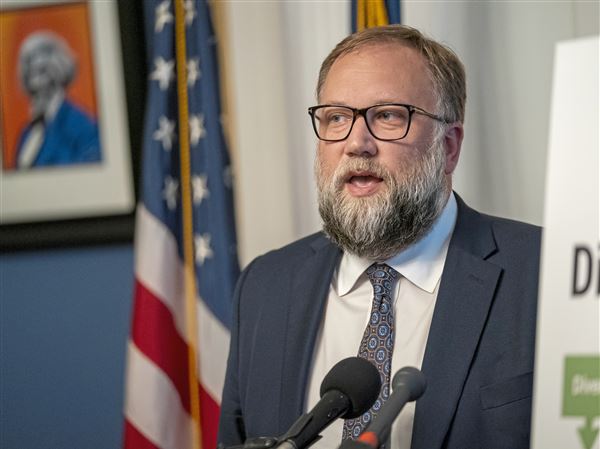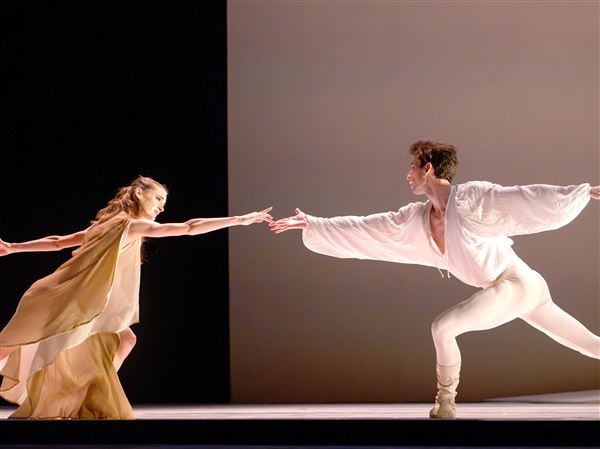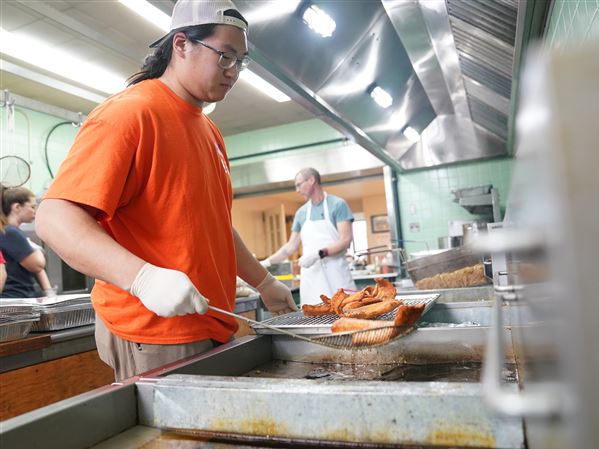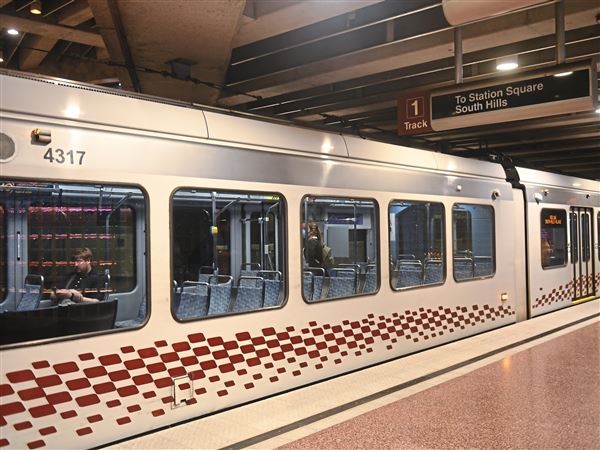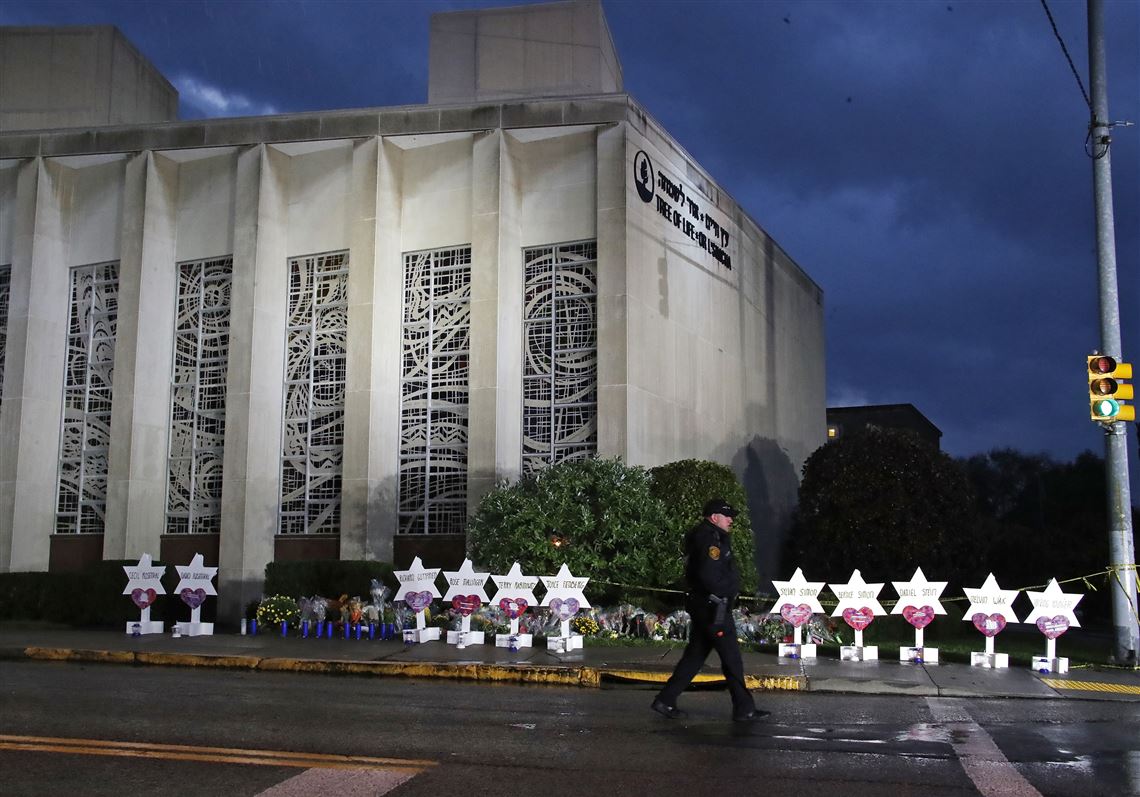During our week of catastrophe in Pittsburgh — the murders of 11 worshippers at the Tree of Life Synagogue in Squirrel Hill, and their funerals — people all over the nation and the world saw how our clergy of all faiths came together. They participated in the services at each others’ houses of worship, and spoke from each others’ pulpits. It happened, again and again — all week.
And I heard this question from people and journalists from outside the city, and even from some Pittsburghers themselves: How did they mobilize so quickly? How did the leaders in Pittsburgh get together so fast?
The answer: That is not what happened. They did not find each other when the crisis broke. Rather, they have been together, in alliance, working toward tolerance and justice and relationships built on trust, for years.
I’ve lived in Pittsburgh, in Squirrel Hill, only 10 years. But in that time, I have seen this myself, and have even had the privilege of participating.
Early in my time here, I saw that Pittsburgh had every urban problem of any other American city. But I also saw that its scale — it’s not as sprawling as other cities, contains many strong neighborhoods and is relatively small — created a unique opportunity.
Anyone wanting to get involved in civic affairs, in efforts to improve our city’s social, governmental and cultural fabric, can do so. My work involves police and the legal system, and I’ve found that officials and citizens at every level welcome what I could offer. And when I became involved, I could see that leaders of all faith communities in Pittsburgh took these issues seriously, consistently working together.
One of my first such experiences was in 2009. A group of people became interested in how our police interacted with immigrants. I volunteered to be part of a working group meeting with the Pittsburgh chief of police to construct a new policy for the department. Among my partners in the group: Rev. John Welch, dean at the Pittsburgh Theological Seminary and Pittsburgh Police chaplain; Imam AbduSemih Tadese, then of the Islamic Center of Pittsburgh; and Sister Janice Vanderneck of the Sisters of St. Joseph and Casa San Jose. We were brought together through the Pennsylvania Interfaith Impact Network. Our efforts helped created a new policy that was more protective of immigrants and more effective for police officers.
Fast forward several years and I was invited to speak to a small group of people wondering what to expect from our then-new police chief, Cameron McLay. Among those at the table: Rev. Vince Kolb, of Sixth Presbyterian Church; the Rev. Rodney Lyde, of the Baptist Temple Church; and Rabbi Ron Symons, then of Temple Sinai.
Thus, it was no surprise to find the first vigil after the Tree of Life killings beginning with prayer and song at Sixth Presbyterian, led by Rev. Kolb, with many other clergy at the front of the church with him, before we joined the crowd outside at the intersection of Forbes and Murray.
The next night, in the massive gathering at Soldiers and Sailors Memorial, it was not a surprise to hear Rev. Welch, standing with 100 or so other ministers, imams, pastors and priests, delivering a message of healing, of solidarity, of comfort and help to the Jewish community. Many other faith leaders spoke there, too — of their own resolve, love and partnership with the Jewish community against hatred and bigotry.
And it was no surprise that on the first Shabbat after the horrors, to find Wasi Mohamed, executive director of the Islamic Center of Pittsburgh, at the front of Temple Sinai, my own congregation, addressing the largest gathering ever in that sanctuary, pledging to be with us “not just now, but tomorrow, and next week, and next year — whatever you need.” I joined everyone else in standing and applauding for him; he and our rabbi, Jamie Gibson, embraced. They did so just like old friends — because they are. They have been working together for years.
This mutual support, the determination to work together, the will to unfailingly support each other, did not start happening on that terrible Saturday. It has been happening for years, as these men and women of faith have built bridges across their communities, into each others’ houses of prayer, and in an effort to find our commonalities and build our city into something better.
So, when the worst happened here, when hate struck, the bridges necessary to bring the city together to help and heal didn’t have to be hastily constructed. They were already here, Pittsburgh-steel strong.
It is not only faith-based leaders and organizations that do this here; this way of operating cuts across all kinds of associations, institutions and agencies. I’ve seen it everywhere in my adopted hometown.
The lessons for our city, and for every other city and town in this country, could not be clearer: Build relationships with others different from you now, before the inevitable crisis. Do so not just for whatever emergency may come, but because of the progress you can make on a host of issues, and because of the love and acceptance these efforts generate. This approach proves itself here in Pittsburgh every day.
David A. Harris is Sally Ann Semenko Chair and professor of law at the University of Pittsburgh. He lives in Squirrel Hill, not far from Tree of Life and down the street from the former home of the late Fred Rogers.
First Published: November 9, 2018, 5:00 a.m.
